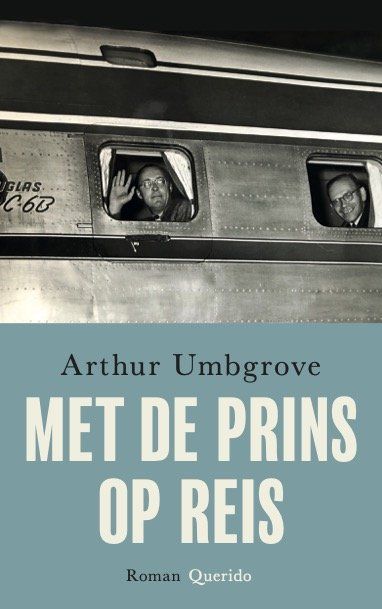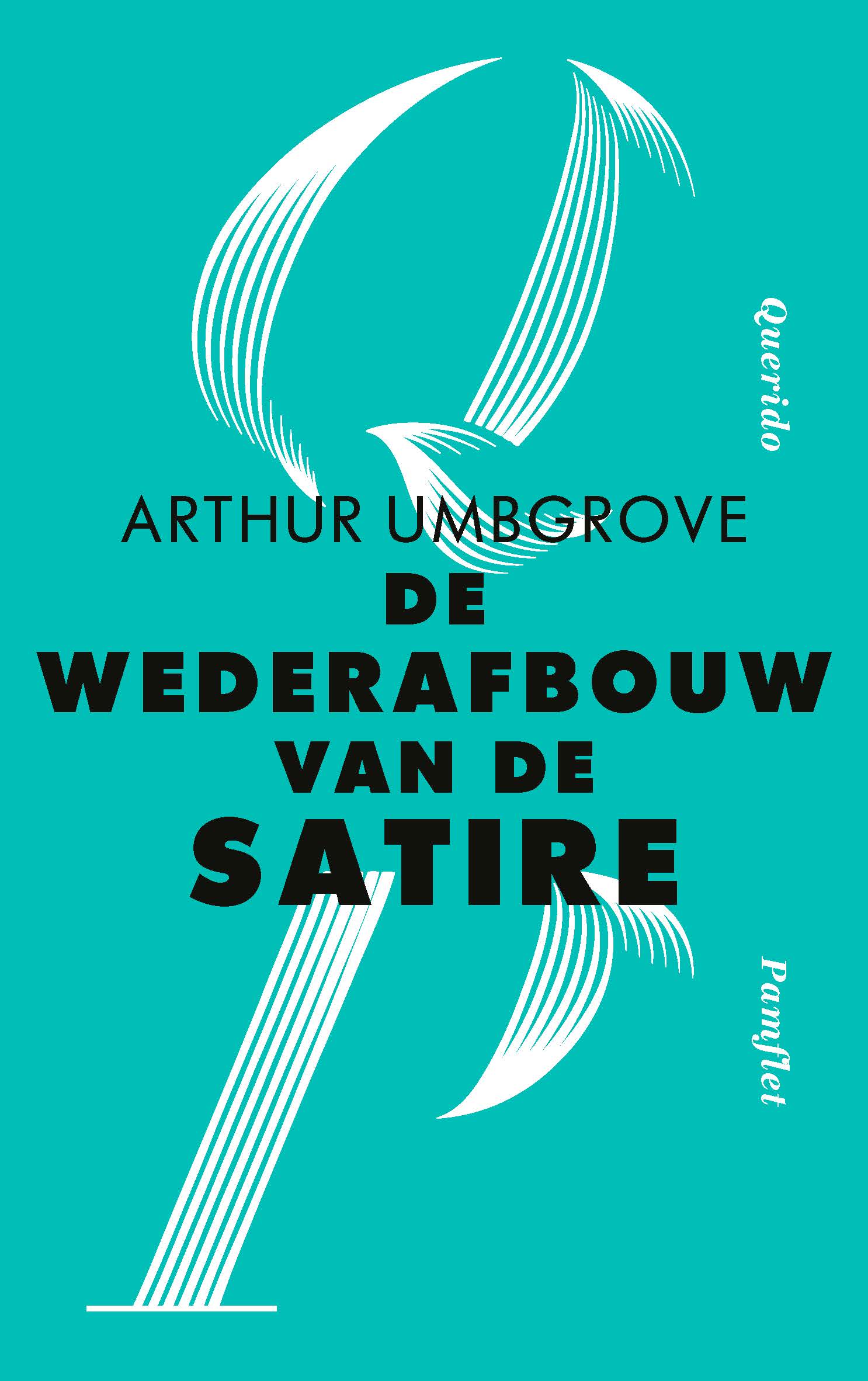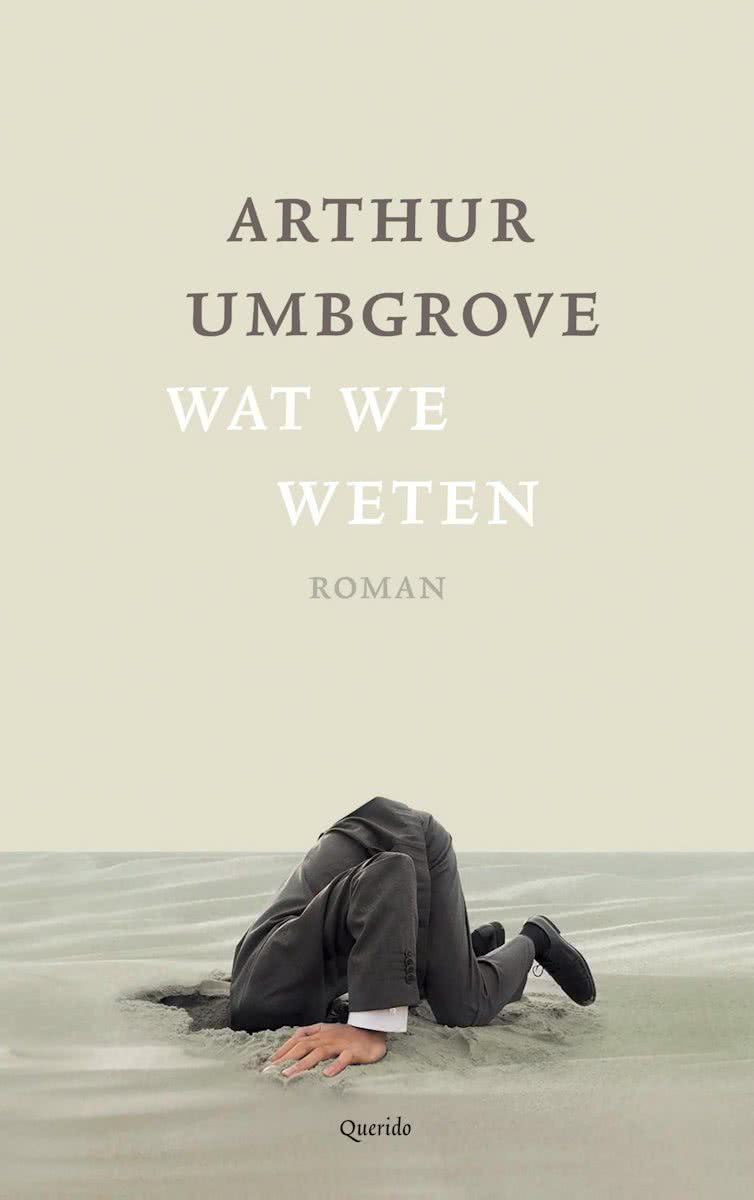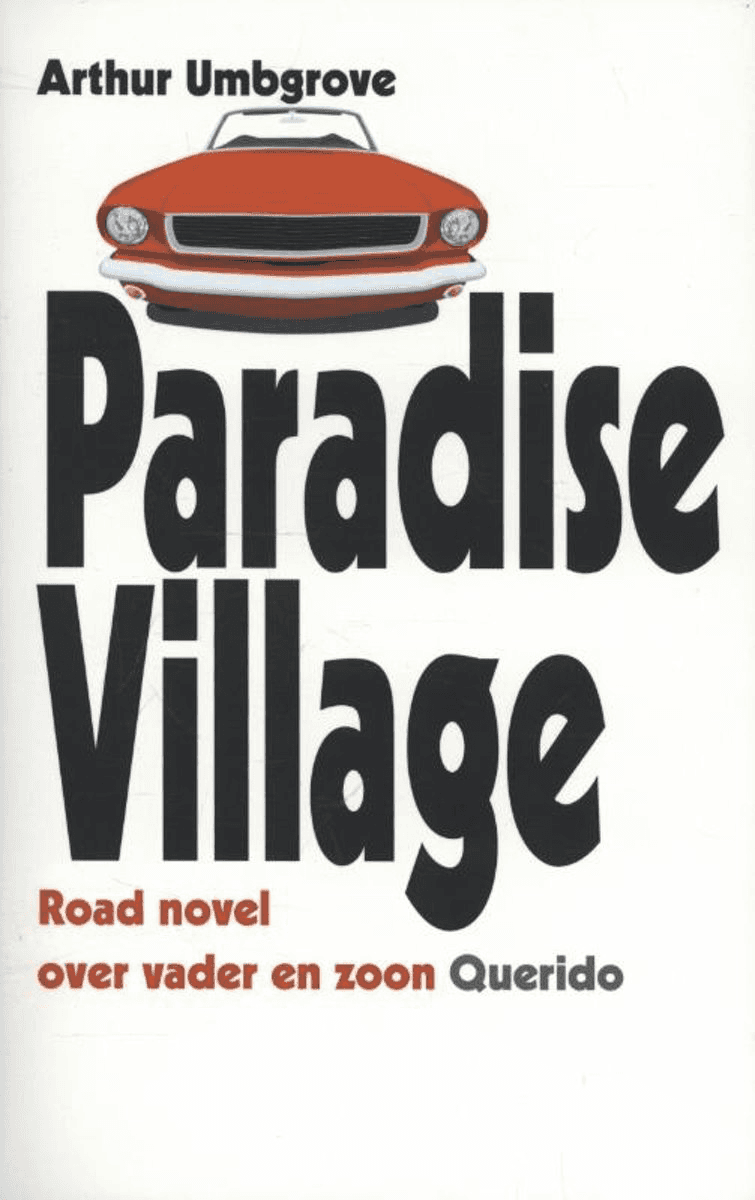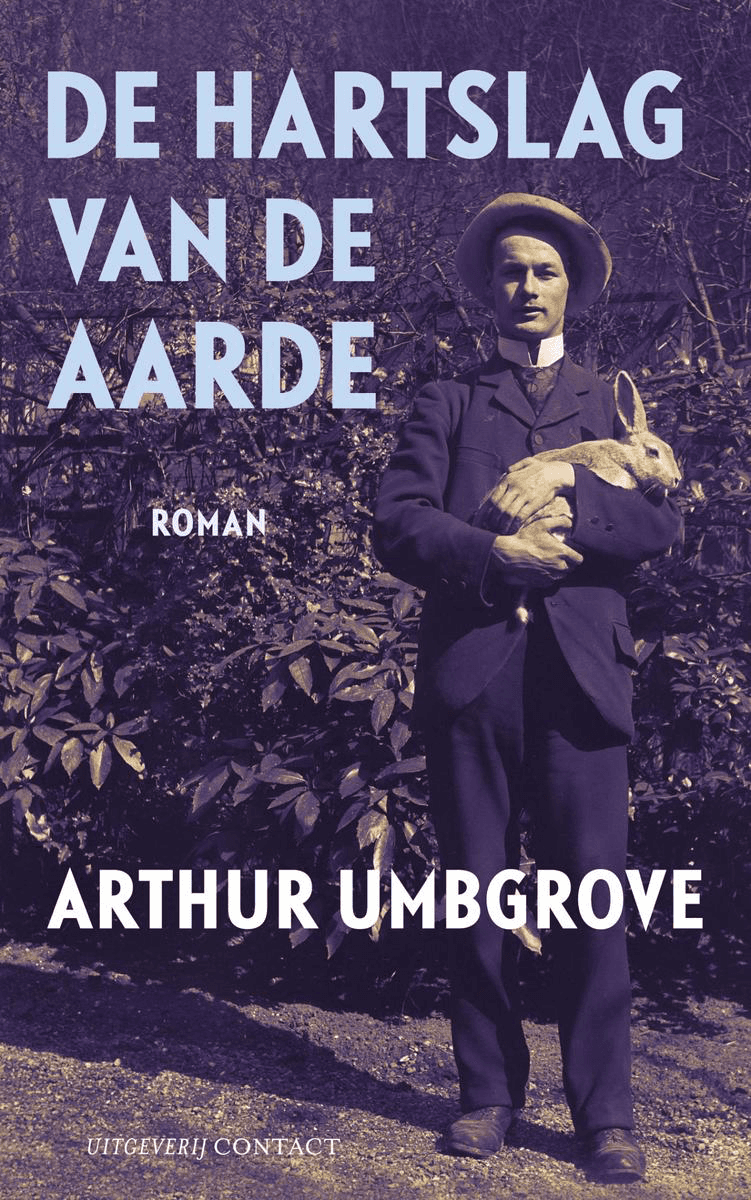A journey with the prince
In the spring of 1951 Prince Bernhard, with private secretary Frans de Graaff in his wake, made a goodwill trip to South America. While doing so, he also visited the Argentina of Juan and Eva Perón. The trip is fraught because Perón is considered a dictator in the Netherlands. De Graaff must guard Bernhard from making mistakes, but how do you do that in the shadow of a man who thinks himself untouchable?
Seventy years later, writer Arthur Umbgrove gets his hands on the archives of the private secretary, his great uncle. In it are a number of intriguing documents. He travels to Argentina to follow the traces of his great uncle. There he discovers information about a possible diplomatic riot on a global scale, which was narrowly avoided, and the necessary revelations surrounding the dissolute life of the prince and his entourage.
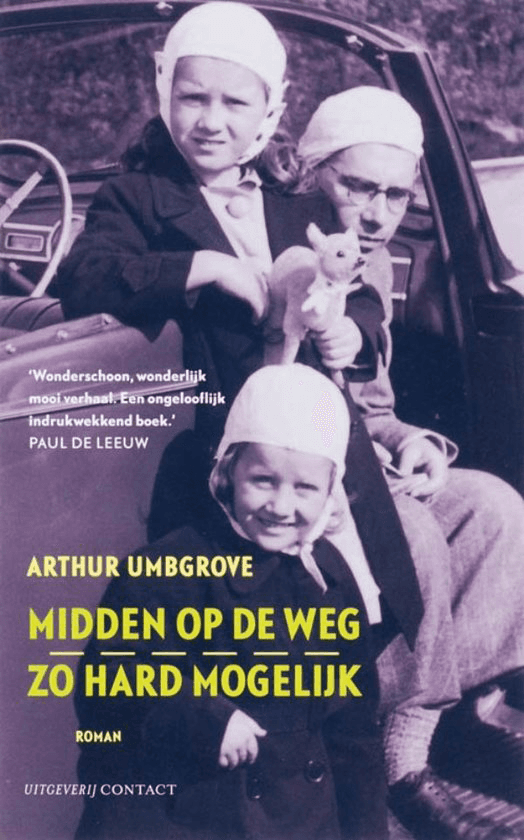
as hard as possible


